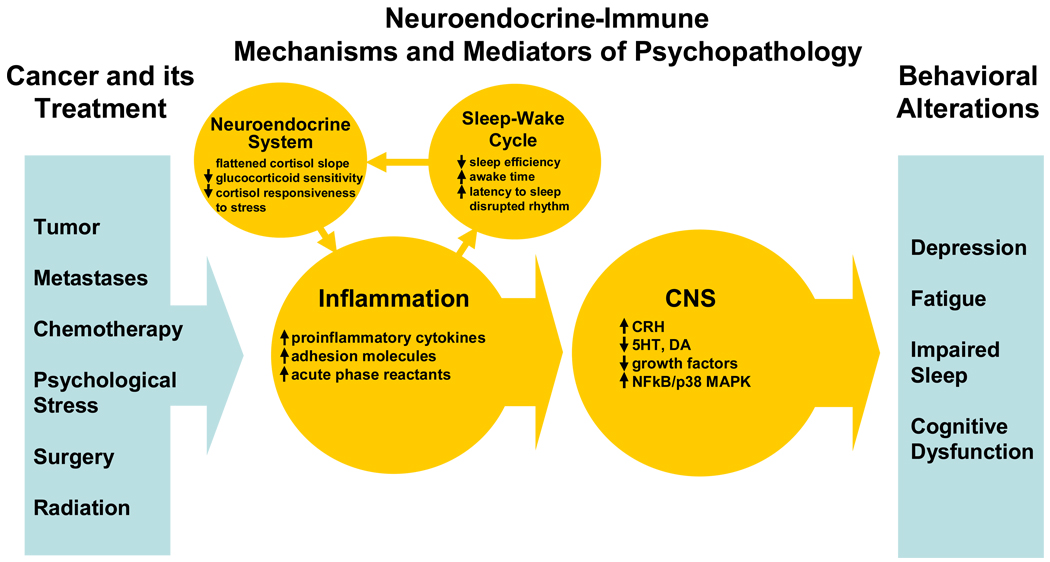Figure 1. Neuroendocrine-Immune Mechanisms and Mediators of Behavioral Co-Morbidities in Patients with Cancer.
Various aspects of being diagnosed with and treated for cancer activate inflammation through tissue damage/destruction and/or psychological stress. Cytokines of the innate immune response along with life style changes, pain and other consequences of cancer and its treatment alter the sleep-wake cycle, which in turn contributes to disruption of the neuroendocrine system, in particular, the hypothalamic-pituitary-adrenal (HPA) axis. Given the role of the HPA axis and glucocorticoids in regulating inflammatory responses, altered HPA axis function may disrupt glucocorticoid-mediated negative regulation of inflammation. Unrestrained inflammation and the associated increased release of proinflammatory cytokines, in turn, interacts with central nervous system (CNS) pathways that regulate behavior, leading to pathophysiologic changes that underlie depression, fatigue, impaired sleep and cognitive dysfunction.

